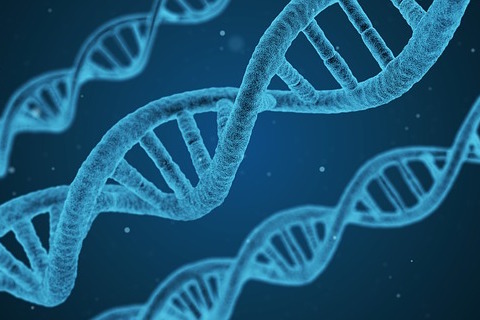Major CRISPR errors were discovered by chance
By Katherine Lindemann,
Research Gate
| 07. 23. 2018
A study released last week suggests that the gene editing technology CRISPR-Cas9 may not be as precise as previously thought. Researchers found that in addition to small errors already known to be part of the gene editing process, CRISPR-Cas9 can cause large deletions and even rearrangements in genes around the target site.
The researchers looked at errors in mouse and human cells in lab conditions. In some cases, deletions were as large as several thousand DNA bases, enough to potentially alter the function of a cell. Whether the findings will affect CRISPR’s utility for clinical applications is not yet known. But researchers do expect increased scrutiny of the technology, and the scope of gene editing errors, going forward.
We spoke with one of the study’s authors, Michael Kosicki, to learn more about the discovery and its implications.
ResearchGate: What motivated this study?
Michael Kosicki: It was really serendipity. A control experiment for another study gave an unexpected result, and we decided to investigate. Initial results made it clear we were looking at something very exciting indeed, with implications for...
Related Articles
By Diaa Hadid and Shweta Desai, NPR | 01.29.2026
MUMBRA, India — The afternoon sun shines on the woman in a commuter-town café, highlighting her almond-shaped eyes and pale skin, a look often sought after by couples who need an egg to have a baby.
"I have good eggs,"...
By George Janes, BioNews | 01.12.2026
A heart attack patient has become the first person to be treated in a clinical trial of an experimental gene therapy, which aims to strengthen blood vessels after coronary bypass surgery.
Coronary artery bypass surgery is performed to treat...
By Staff, ScienceDaily | 01.05.2026
Scientists at UNSW Sydney have developed a new form of CRISPR technology that could make gene therapy safer while also resolving a decades-long debate about how genes are switched off. The research shows that small chemical markers attached to DNA
...
Following a long-standing CGS tradition, we present a selection of our favorite Biopolitical Times posts of the past year.
In 2025, we published up to four posts every month, written by 12 authors (staff, consultants and allies), some in collaboration and one simply credited to CGS.
These titles are presented in chronological order, except for three In Memoriam notices, which follow. Many more posts that are worth your time can be found in the archive. Scroll down and “VIEW...




